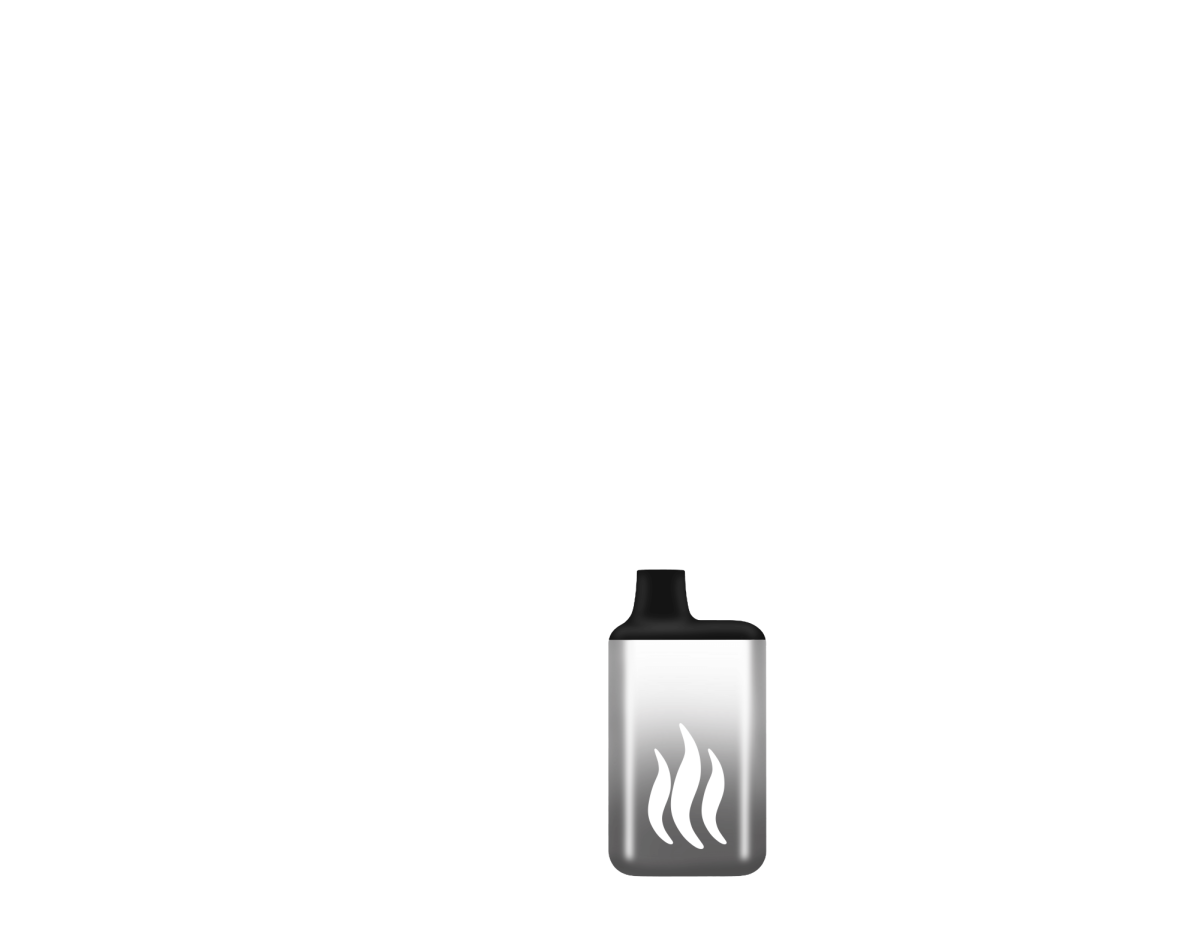President Donald Trump has signed over 202 different executive orders during just the start of his 2nd term—almost as much as the 220 he signed in his entire first term. With these has come what many call a “consolidation” of government power within the executive branch. Is this claim valid? To answer plainly—yes it is. This does not mean all consolidation is inherently unconstitutional or illegal, but it is undoubtedly consolidation. However, I strongly believe the more important question is whether or not these developments result in a net benefit or detriment to American society. The answer to this question hinges upon the ability and will of the American people and government to address the root causes of this executive expansion.
One of these root causes is Trump’s distrust of the judicial branch and justice department. Trump has a conservative supermajority in the U.S. Supreme Court that he can often—though not always—rely on. However, he believes that many lower-level judges who have tried to block various policies and executive orders of his (this is called a nationwide injunction) are left-leaning and politically motivated, and thereby abusing their judicial power. Consequently, Trump has tried to use Congress to impeach many of these judges and replace them with ones his opponents say are conservative loyalists, amounting to “judicial consolidation.” Now, I do agree with Trump that there are some (but definitely not all) injunctions that have tried to stop him which were unfairly impacted by the judges’ political bias (in this case on the political left).
But I have three words for the President: appeal, don’t impeach. What do I mean? When a judge makes a decision a relevant party does not agree with, they can try and appeal the decision and get it taken up to an appellate (or higher) court. I firmly believe this is both the best way for the Trump administration to fight unfair judges and protect future Republican policy in Democratic presidencies. And for those who say this would take too long given the past volume of court cases trying to stop Trump, keep in mind that due to the Supreme Court’s new 2025 landmark ruling in Trump vs. CASA, Inc. nationwide injunctions are now virtually impossible, so the amount of cases that must be dealt with through appeals will be much lower. This solution also safeguards our checks and balances (and helps stop Congressional impeachment of honest judges) since, while appeals are much more bureaucratic and annoying than just impeaching judges, it’s a safeguard for everyone. After all, If Democrats take the executive and legislative branches in the next election(s), then it could be them doing the exact same thing many say Trump and his allies want to do now: impeaching judges who don’t agree with them. So “appeal, don’t impeach” applies to everyone involved.
Another root cause of this consolidation is the complacency of the now Republican-led Congress (both in the Senate and the House of Representatives) to fulfill their various roles of upholding checks and balances. Instead, they’ve been opting to delegate specific aspects of their authority to the President (though some of this delegation is due to older legislation, not new choices). However, it is important to distinguish this from the giving-up of Congress’ core powers. For example, Congress is still in charge of tariff-setting, but, in 1962, they passed the Trade Expansion Act, wherein Section 232 they use their tariff power to allow the President to set tariffs in cases where it involves national security. This is Trump’s main legal argument for setting tariffs, and a major example people point to when saying he’s consolidating executive power. But again, Congress didn’t “give” the President their power to set tariffs (which would be completely illegal). They decided, given the fact they hold that power (enshrined in our Constitution), that the best way to exercise it was allowing the President to use it in specific cases (in this case regarding national security). Now, I don’t deny that Trump can bend the definition of “national security” to his needs to solidify his setting of tariffs and that he can twist other terms to consolidate power as well. Also, you might not agree with choices of Congress like this on how they manage their vested (assigned) power; in that case, I urge you to vote for politicians who will advocate for the power management you believe in, whether they be Democrat or Republican. But we must still cherish facts, and the facts are that even if Trump is consolidating power that normally Congress wields, consolidation does not always equal illegality. And in many of these cases with Trump, while we can debate whether his consolidations are morally or ethically justified, they’re often “legal enough.”
Now, how does this connect back with the question posed at the start? How does understanding and then acting on this root cause result in executive consolidation being beneficial or detrimental to us Americans? Well, due to what I’ve described, I believe that U.S. citizens should fight and lobby for our elected officials to push for cross-party commitment to Congress asserting more of its vested powers. And honestly, right now might be a better time than ever to get this done. For President Trump and Conservatives they need not worry their policy priorities will not be enacted; they’d just be passing virtually the same policies and laws, just in a different branch of government. For Trump, this can let him tell voters that he’s going to “make Congress great again” and can promise his supporters that so long as they vote to keep Trump’s allies in Congress, it will stay this way. This also helps Republicans since it can help them win over centrist voters who have been worried about executive consolidation. This is beneficial for Democrats too, making them feel more heard and represented Congressionally given their current position as a legislative minority in both chambers. It will likely also incentivize Republicans in Congress to increase dialogue and cooperation with Democrats, since while they still have a majority to pass their laws, a moderate Democratic voting buffer is still beneficial. So, no matter where you stand politically, trying to get more major policies passed through Congressional chambers is a positive for all parties involved.
It’s clear that what Trump is doing, whether that’s wanting to impeach certain judges, or using powers usually meant for Congress, his actions have resulted in more executive power than we’ve seen in America for decades. For better or worse, this is just a fact. But whether or not this ends up being good or bad for the average joe, or the average Ace and Bulldog, is up to how much we care to understand—both to understand why this is happening, and what solutions and alternatives we can present that are both idealistic and pragmatic. Whether it is as simple as a slogan (appeal, don’t impeach!) or more complicated, like getting Congress to use more of its originally intended powers while still contending with executive orders, these all must be brought up. At the end of the day, our country, democracy, and our freedom are built off we, the people. So it’s our choices, and our choices only, that will determine whether the systems and liberties our Founding Fathers laid out for us will survive the tremors of today.






